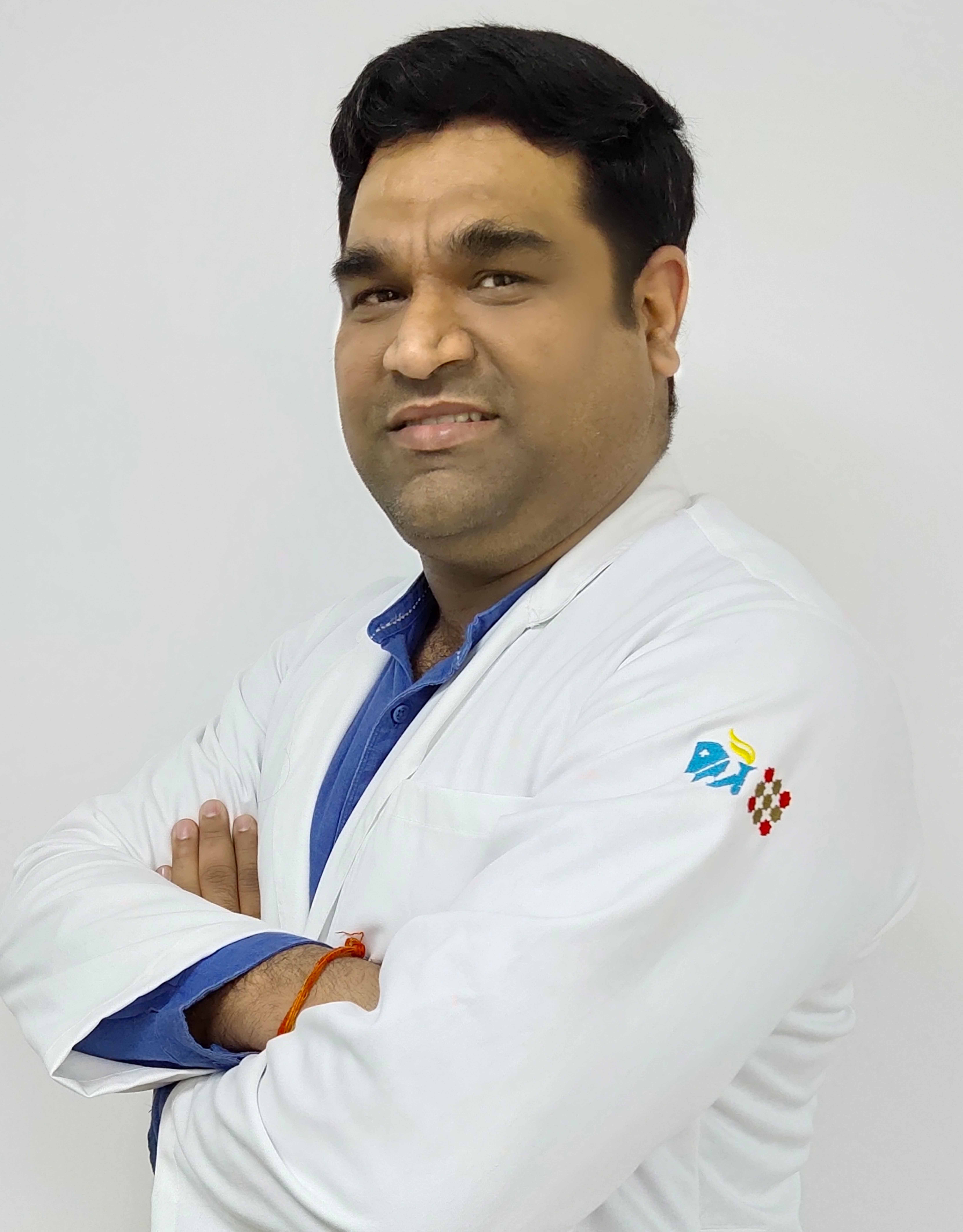Best Doctors for Scleroderma in Lucknow
Scleroderma, a chronic autoimmune disease, hardens and tightens the skin and connective tissues. Besides affecting the skin, this condition can affect various internal organs. The exact cause remains unknown, but scleroderma seems linked to an overproduction of collagen leading to fibrosis. This condition is more prevalent in women as compared to men. It is not contagious, meaning it does not spread from person to person.
In Lucknow, the city’s best surgeons for skin thickening treatment and the best doctors for autoimmunity-related disorders are available at Apollo Hospitals. They bring their wealth of knowledge and expertise in handling cases of scleroderma including manifestations like sclerodactyly and gastrointestinal involvement.









 Call Now
Call Now


